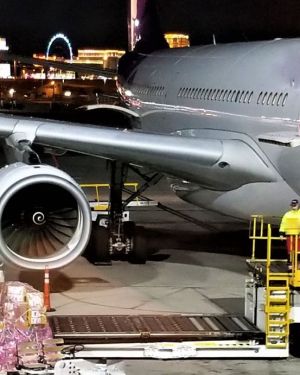Day 1: Introduction to Lean Six Sigma and Air Cargo Logistics
• Introduction to Lean Six Sigma
o Overview of Lean principles
o Overview of Six Sigma methodology
o Benefits of Lean Six Sigma in logistics
• Air Cargo Logistics Overview
o Key concepts and processes in air cargo logistics
o Industry challenges and opportunities
• Define Phase
o Project identification and selection
o Defining project scope and objectives
o Voice of the Customer (VoC)
Day 2: Measure Phase
• Understanding the Measure Phase
o Key metrics and KPIs in air cargo logistics
o Data collection techniques and tools
• Process Mapping and Value Stream Mapping
o Creating process maps
o Identifying value-added and non-value-added activities
• Data Analysis
o Basic statistical analysis
o Using statistical tools to measure performance
Day 3: Analyze Phase
• Introduction to the Analyze Phase
o Identifying root causes of problems
o Tools for root cause analysis (Fishbone Diagram, 5 Whys)
• Data Analysis Techniques
o Hypothesis testing
o Regression analysis
• Identifying Improvement Opportunities
o Prioritizing improvement areas
o Developing solutions for identified problems
Day 4: Improve Phase
• Introduction to the Improve Phase
o Generating improvement ideas
o Lean tools for improvement (5S, Kaizen, Poka-Yoke)
• Implementing Solutions
o Planning and executing improvement actions
o Piloting and testing solutions
• Change Management
o Strategies for managing change
o Engaging stakeholders and securing buy-in
Day 5: Control Phase
• Introduction to the Control Phase
o Sustaining improvements
o Standardizing processes
• Control Tools and Techniques
o Control charts
o Process control plans
• Project Closure and Documentation
o Documenting project results
o Sharing best practices and lessons learned
• Final Assessment and Certification
o Review of key concepts
o Final assessment and feedback
o Certification ceremony








